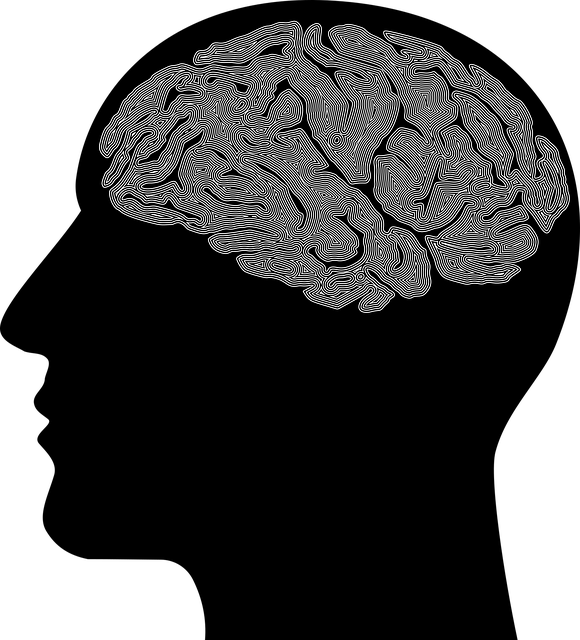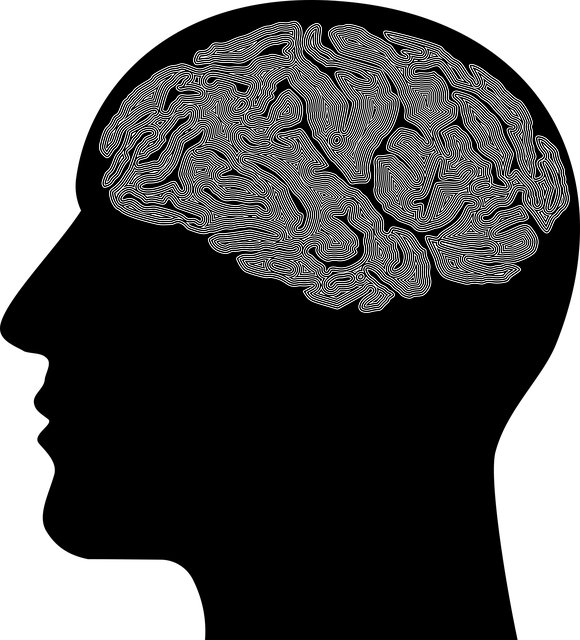Louisville Conduct Disorder Therapy focuses on mood regulation through compassion cultivation, CBT techniques, mindfulness practices, and structured routines. This holistic approach combines cognitive behavioral therapy, stigma reduction, environmental design, and a supportive community to empower individuals in managing emotions effectively, improving life quality, and reducing the need for intensive interventions. Key strategies include teaching emotional well-being, promoting mental wellness coaching, integrating mindfulness into daily routines, and leveraging social connections for emotional support.
Mood regulation strategies are crucial components of Louisville Conduct Disorder Therapy, helping individuals manage and understand their emotions effectively. This article delves into various techniques designed to enhance emotional well-being. We explore cognitive behavioral therapies that teach emotion management skills, mindfulness practices for cultivating emotional balance, environmental modifications and routine establishment as powerful tools, and the vital role of support systems in successful mood regulation.
- Understanding Mood Regulation and Its Significance in Louisville Conduct Disorder Therapy
- Cognitive Behavioral Techniques for Managing Emotions
- Mindfulness Practices to Cultivate Emotional Balance
- Environmental Modifications and Routine Establishment
- The Role of Support Systems in Effective Mood Regulation Strategies
Understanding Mood Regulation and Its Significance in Louisville Conduct Disorder Therapy

In Louisville Conduct Disorder Therapy, understanding mood regulation is paramount. Mood regulation refers to the ability to manage and modify emotional states effectively, ensuring that feelings align with the demands of various situations. This crucial aspect of therapy involves teaching individuals, especially those with conduct disorders, to recognize, understand, and control their emotions in adaptive ways. By integrating compassion cultivation practices and emotional well-being promotion techniques, therapists can help clients develop healthier coping strategies, reduce impulsive behaviors, and foster a sense of mental wellness.
Louisville Conduct Disorder Therapy benefits greatly from structured programs that focus on mental wellness coaching. These programs are designed to empower individuals with the skills needed to navigate challenging situations without resorting to disruptive or harmful conduct. Through evidence-based approaches, therapists can guide clients towards improving their emotional regulation, enhancing overall life quality, and reducing the need for intensive interventions. By prioritizing these strategies, Louisville Conduct Disorder Therapy ensures that it addresses not just symptoms but also promotes long-term recovery and resilience.
Cognitive Behavioral Techniques for Managing Emotions

Cognitive Behavioral Techniques (CBT) offer a powerful set of tools for managing emotions and regulating moods, making them valuable in Louisville Conduct Disorder Therapy. This approach focuses on identifying and challenging negative thought patterns and replacing them with more positive and realistic ones. By enhancing self-awareness exercises, individuals can learn to recognize triggers that set off emotional responses and develop healthier coping mechanisms. CBT encourages patients to question their thoughts and beliefs, fostering a deeper understanding of their emotions.
Through this process, Louisville Conduct Disorder Therapy professionals can assist clients in modifying behaviors associated with mental illness. Self-Awareness Exercises play a pivotal role in this transformation, enabling individuals to recognize patterns and triggers within their communities. Moreover, the effective implementation of Community Outreach Program Initiatives and Mental Illness Stigma Reduction Efforts can further enhance CBT’s benefits, creating supportive environments that encourage open conversations about emotional health.
Mindfulness Practices to Cultivate Emotional Balance

In the quest for emotional balance, mindfulness practices have emerged as a powerful tool for Louisville Conduct Disorder Therapy. These techniques encourage individuals to focus on the present moment, non-judgmentally, thereby fostering a deeper understanding of their emotions and triggers. By cultivating mindfulness, one can learn to recognize early signs of mood shifts, allowing for timely intervention and better stress management. This is particularly beneficial in navigating mental health challenges, as it aids in reducing the impact of negative thoughts and behaviors often associated with conduct disorders.
Integrating mindfulness into daily routines promotes Mental Health Awareness and contributes to the overall well-being of individuals. It serves as a robust strategy within Louisville Conduct Disorder Therapy frameworks, complementing traditional therapeutic approaches. Moreover, mindfulness practices play a significant role in Mental Illness Stigma Reduction Efforts by encouraging self-compassion and acceptance, ultimately fostering a more supportive environment for those seeking therapy.
Environmental Modifications and Routine Establishment

Creating a calm and structured environment is a powerful tool in Louisville Conduct Disorder Therapy. Environmental modifications can significantly impact an individual’s mood regulation abilities. Simple changes like decluttering spaces, introducing nature through indoor plants or even just adding soothing colors and textures can create a sense of tranquility. This, in turn, supports emotional healing processes and enhances one’s ability to manage stress reduction methods effectively.
Establishing routines is another effective strategy for mood stabilization. Consistent daily schedules provide predictability, reducing anxiety and promoting a sense of control. Louisville Conduct Disorder Therapy encourages clients to structure their days with regular meal times, dedicated activity blocks, and specific sleep routines. These routines not only facilitate emotional regulation but also foster a sense of accomplishment, boosting overall well-being.
The Role of Support Systems in Effective Mood Regulation Strategies

Having a strong support system is integral to effective mood regulation strategies. Louisville Conduct Disorder Therapy emphasizes the power of social connections in fostering emotional well-being. Whether it’s family, friends, or therapy groups, having people to lean on during difficult times can significantly impact an individual’s ability to manage their moods. These support systems provide a safe space for expression, offer different perspectives, and help individuals navigate through challenging emotions.
Incorporating practices like Mindfulness Meditation and Self-Esteem Improvement into one’s routine, facilitated by professional guidance accessible through Louisville Conduct Disorder Therapy, can further enhance the effectiveness of mood regulation. Additionally, addressing underlying mental health concerns, such as depression prevention, becomes more manageable with a supportive network in place. Together, these strategies create a holistic approach to emotional regulation, ensuring individuals feel equipped to face life’s ups and downs.
In Louisville Conduct Disorder Therapy, understanding and regulating mood is paramount. By integrating cognitive behavioral techniques, mindfulness practices, environmental modifications, and leveraging support systems, individuals can achieve emotional balance and significantly improve their quality of life. These strategies offer a holistic approach to address the complex nature of conduct disorder, fostering healthier behaviors and enhancing overall well-being.














